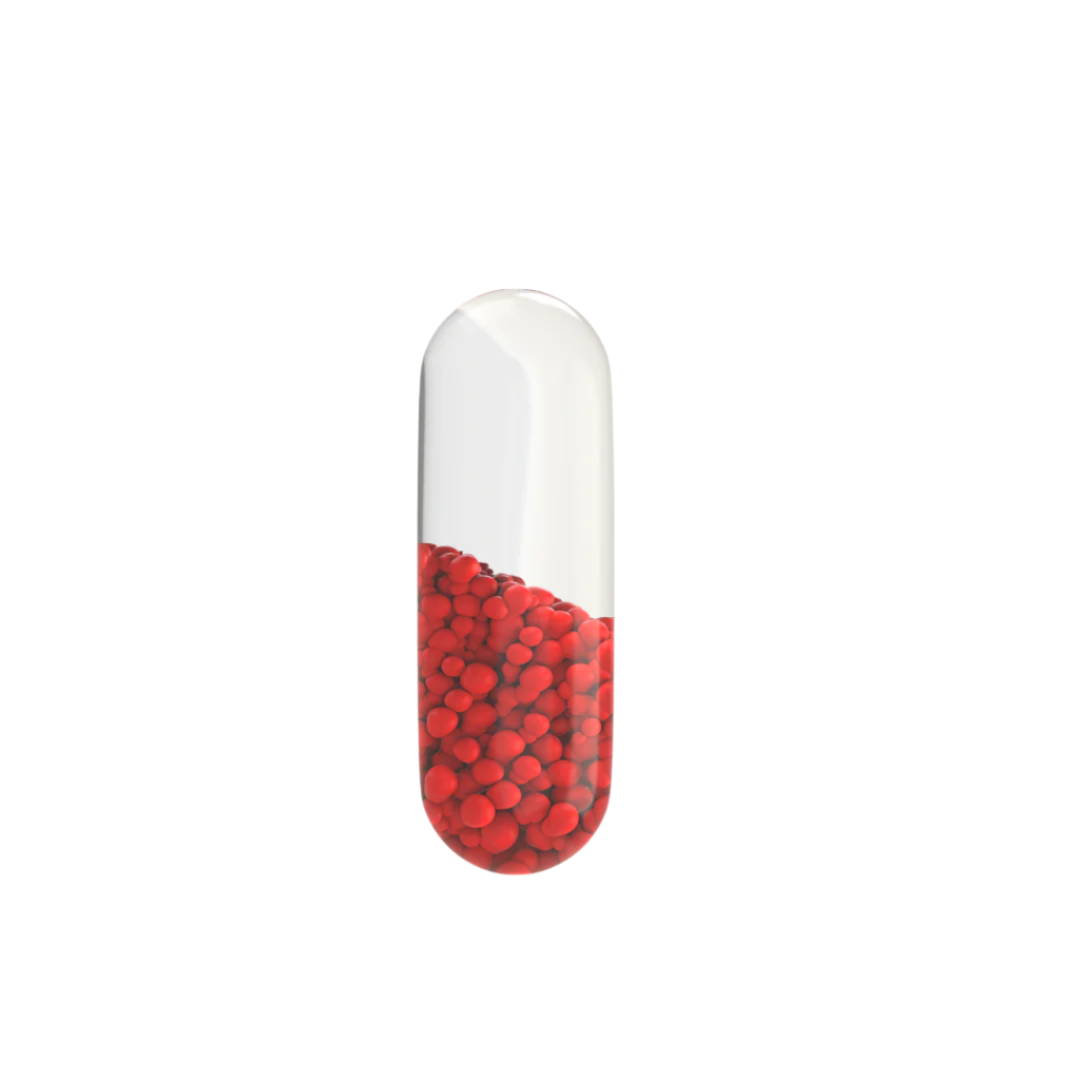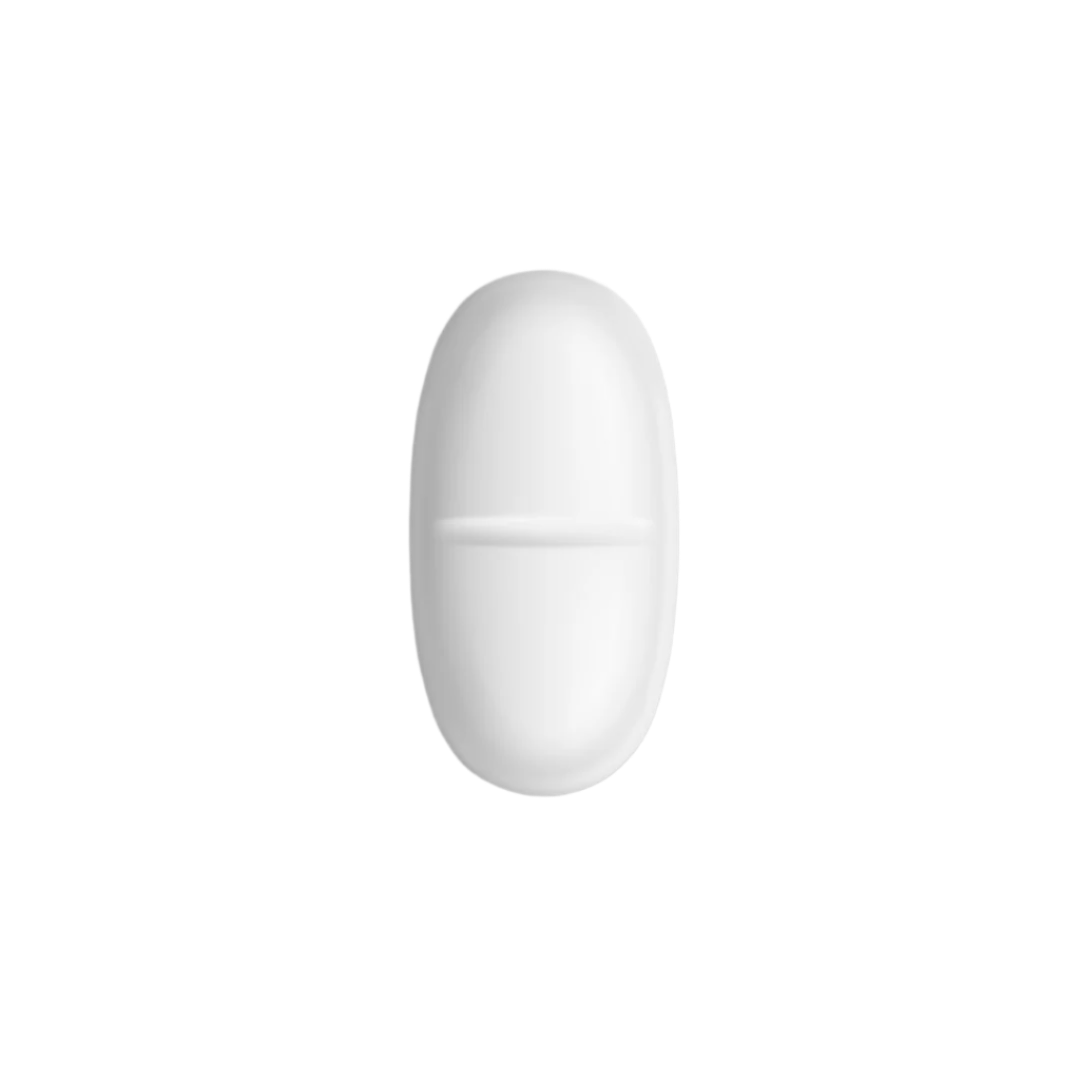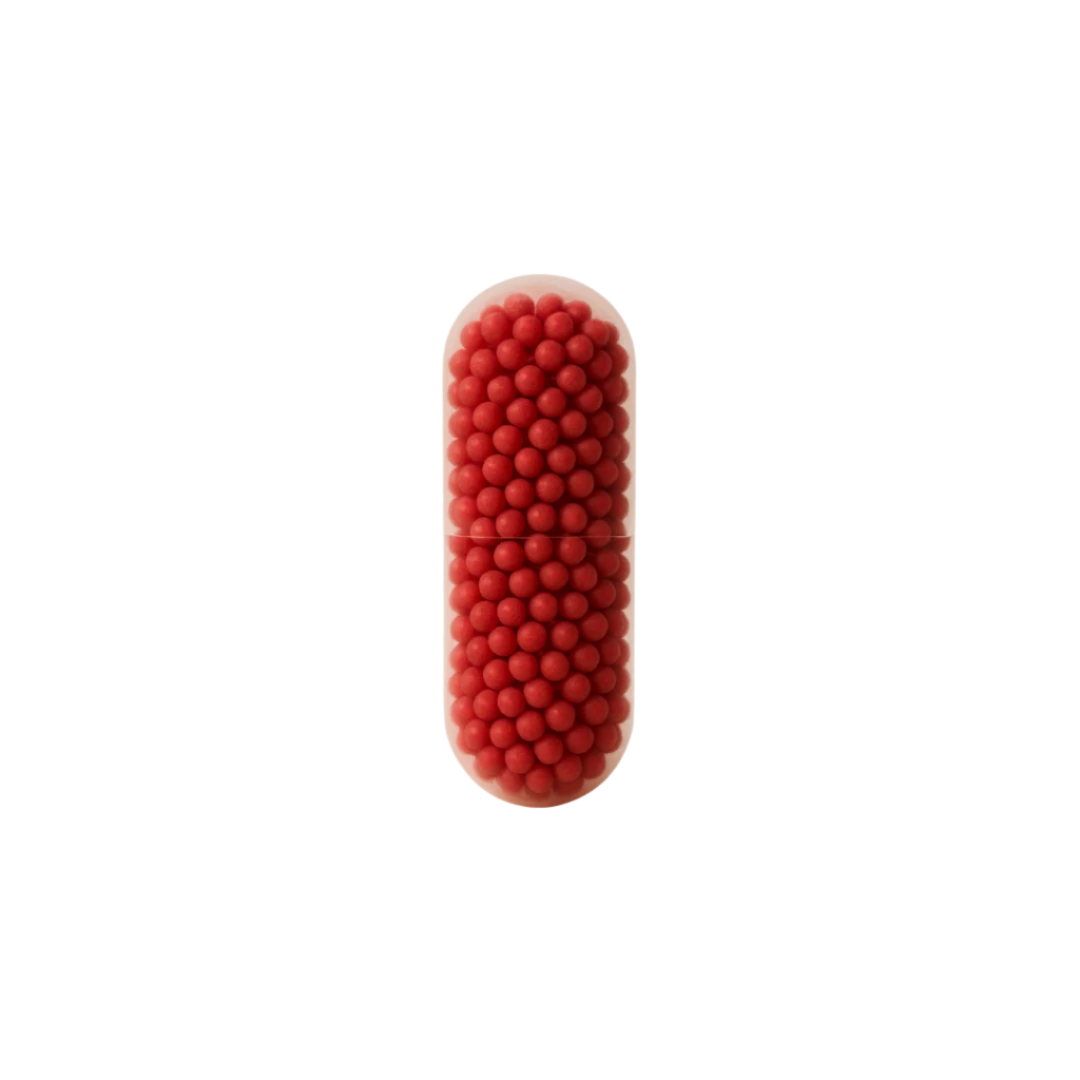Does caffeine wake you up?

One of the most common ways to wake up in the morning is with a cup of tea or coffee. These hot beverages both contain caffeine, a chemical that acts as a stimulant to the central nervous system.1
Caffeine has a reputation for being a stimulant that helps to wake you up by boosting alertness and aiding cognition – endurance athletes, for example, have reported that it enhances their performance and improves focus.2 There’s even research to show that drinking tea can help boost convergent creative thinking.3
However, an excess of caffeine can result in side effects such as an increased heart rate and difficulty concentrating.4 This begs the question – how much is too much? Understanding how caffeine works on the nervous system can help you make informed choices about the amount you consume, so that you can get the stimulant benefits without consuming too much.
How caffeine works on your body
Caffeine is the world’s most consumed psychoactive compound5, and is found naturally in plants such as tea and coffee. It counteracts fatigue due to the way it interacts with the body’s adenosine receptors.
Put simply, adenosine is a sleep-regulating molecule – it binds with the A1 receptor in your brain, resulting in muscle relaxation and sleepiness. Since the body produces adenosine through mental and physical exertion, it accumulates more and more adenosine throughout the day, which explains why you become increasingly sleepy.6
Caffeine is an adenosine receptor antagonist – it works by blocking the adenosine receptors in the brain, which helps prevent you feeling tired and also increases dopamine production.7
It also activates neural circuits that cause your adrenal glands to produce more adrenaline, which results in a burst of energy.8
In addition to this, a wide-ranging study discovered that moderate coffee consumption is associated with a 21% reduction in cardiovascular disease, as it contains bioactive compounds with insulin-sensitizing and anti-inflammatory effects.9
How long does caffeine stay in your body?
Caffeine is quickly absorbed into your body, with 99% of the chemical being absorbed within the first 45 minutes.10
Because of its quick absorption, you’ll feel the effects of caffeine very quickly. It reaches its peak level in your body between 30-60 minutes, and has a half-life ranging from 3-5 hours.11 This means that if you consume 100mg of caffeine (around the average found in a cup of coffee12), 5 hours later you could still have up to 50mg in your system.
Why caffeine makes some people tired
Some people have reported feeling tired a short while after drinking coffee. There are several possible reasons for this. The first is that while caffeine might block the brain’s adenosine receptors from receiving adenosine, it doesn’t actually prevent its production. This means that as the caffeine wears off, there’s a build-up of adenosine waiting to bind to its receptors – when this happens, it can cause sleepiness.13
When consumed in large doses, caffeine can have a diuretic effect.14 If the fluid loss isn’t addressed (by drinking water), you could become dehydrated, which may cause feelings of tiredness.15
There’s also the chance that it’s not the caffeine that’s making you tired at all. If you’re drinking tea or coffee with added sweeteners, you’ll experience an energy slump or ‘sugar crash’ once the glucose leaves your system.16
Finally, consuming coffee during the day causes a reduction of the main metabolite of melatonin the next night, which is a mechanism that interrupts sleep.17
What these scientific findings show is that if you want to enjoy the beneficial effects of caffeine, how much and how often you consume is very important.
The importance of maintaining healthy habits with caffeine
It is commonly accepted that 400mg of caffeine per day is the accepted safe level – this roughly equates to four cups of coffee or two energy drinks.18 Any more than this may lead to side effects such as increased heart rate or anxiety.19 Meanwhile, a low daily dosage of 20 mg to 200 mg leads to reports of increased well-being, energy, and sociability.20 While there is evidence to show that there are pronounced individual differences in responses to caffeine, determined by genetics21, sticking to a low daily dosage is advisable.
Over time, the body develops a tolerance to caffeine’s stimulant properties, and stopping use can result in withdrawal effects including headaches, drowsiness and irritability.22 Slowly decreasing your consumption of coffee will help mitigate these effects.
When you consume caffeine is also important. One study found that even consuming caffeine up to six hours before bedtime caused significant sleep disturbance (due to its half-life of five hours).23
According to the research mentioned above, healthy habits with caffeine would entail consuming caffeine in moderation (around 200mg a day), and restricting consumption to morning use, to avoid disturbance to sleep.
Doctors also recommend paying close attention to the caffeine content of the food and drink you consume by checking the labels, brewing caffeinated beverages for less time and also trying decaf drinks.24
To regulate your caffeine use in a way that brings maximum benefits, you can try using B・SYNC ON, the world’s first clinically tested and proven wake up supplement.25
It contains 60mg of caffeine, 60mcg of vitamin B12 and 5mg of zinc and vitamin B5 respectively. These ingredients are contained within a slow release capsule, which delays their release by around 7 hours – take the B・SYNC ON capsule at night and you’ll wake up energised and refreshed in the morning thanks to the release of caffeine and other active ingredients shortly before you need to rise and shine.
B・SYNC ON has been specially designed to provide you with a slow release of energy throughout the day, meaning you won’t feel the need to consume an excess of caffeine to stay alert.
Sources
- https://www.hsph.harvard.edu/nutritionsource/caffeine/
- https://pubmed.ncbi.nlm.nih.gov/17962708/
- https://www.sciencedirect.com/science/article/abs/pii/S0950329321002421?via%3Dihub
- https://www.ncbi.nlm.nih.gov/books/NBK223808/
- https://www.ncbi.nlm.nih.gov/pmc/articles/PMC3153505/
- https://examine.com/nutrition/how-caffeine-works-in-your-brain/
- https://www.ncbi.nlm.nih.gov/pmc/articles/PMC3153505/
- https://thebrain.mcgill.ca/
- https://www.ncbi.nlm.nih.gov/books/NBK223808/
- https://sleepeducation.org/sleep-caffeine/
- https://www.healthline.com/nutrition/how-much-caffeine-in-coffee
- https://www.healthline.com/health/food-nutrition/coffee-makes-me-tired
- https://pubmed.ncbi.nlm.nih.gov/19774754/
- https://www.healthline.com/health/how-to-tell-if-youre-dehydrated
- https://academic.oup.com/jcem/article/96/2/515/2709520
- https://www.dovepress.com/effects-of-caffeine-on-sleep-quality-and-daytime-functioning-peer-reviewed-fulltext-article-RMHP
- https://www.ncbi.nlm.nih.gov/books/NBK430790/
- https://www.mayoclinic.org/healthy-lifestyle/nutrition-and-healthy-eating/in-depth/caffeine/art-20045678
- https://www.ncbi.nlm.nih.gov/books/NBK430790/
- https://www.ncbi.nlm.nih.gov/pmc/articles/PMC4242593/
- https://www.ncbi.nlm.nih.gov/books/NBK430790/
- https://jcsm.aasm.org/doi/10.5664/jcsm.3170
- https://www.mayoclinic.org/healthy-lifestyle/nutrition-and-healthy-eating/in-depth/caffeine/art-20045678
- https://www.nature.com/articles/s41598-021-98376-z







